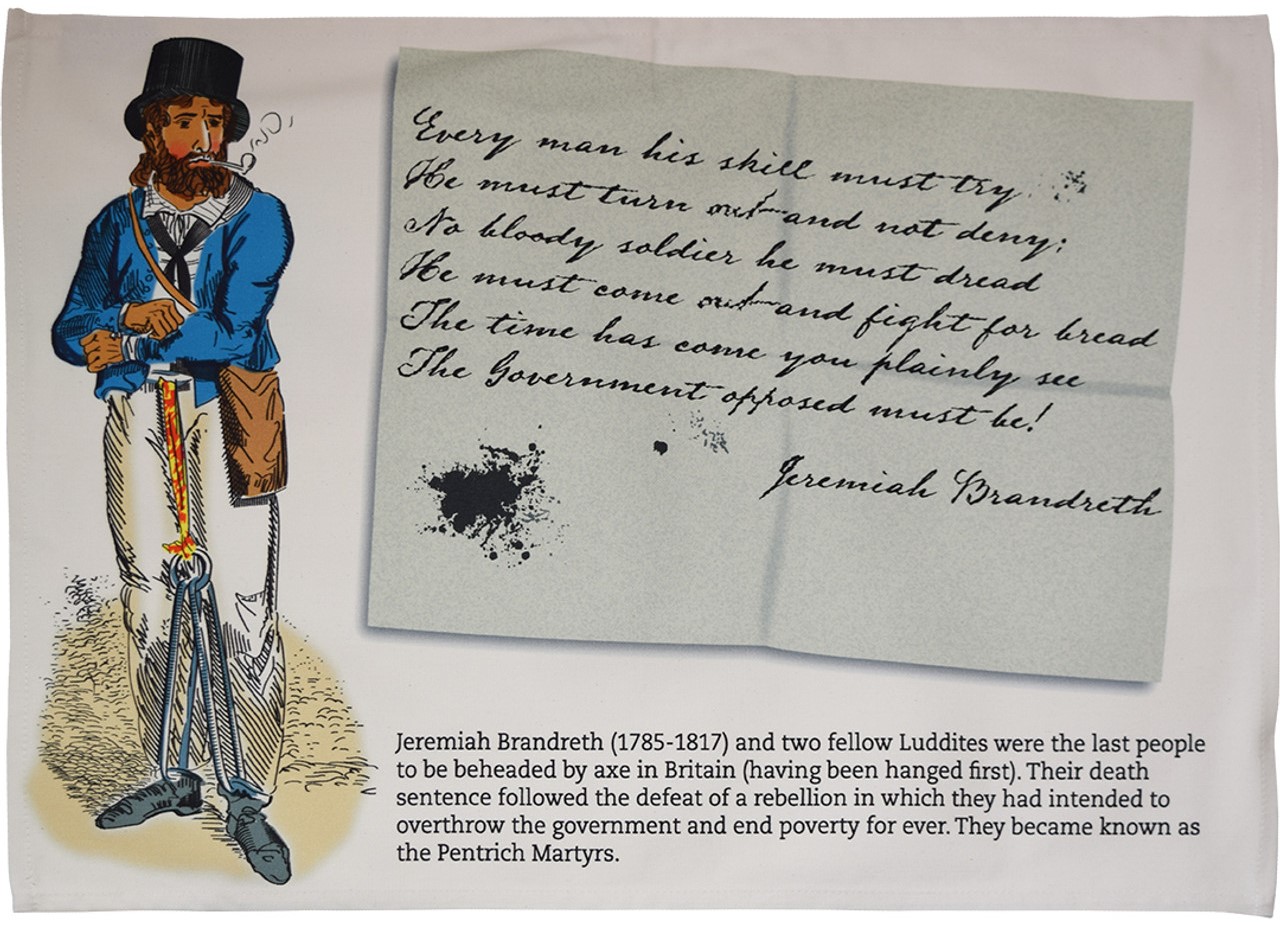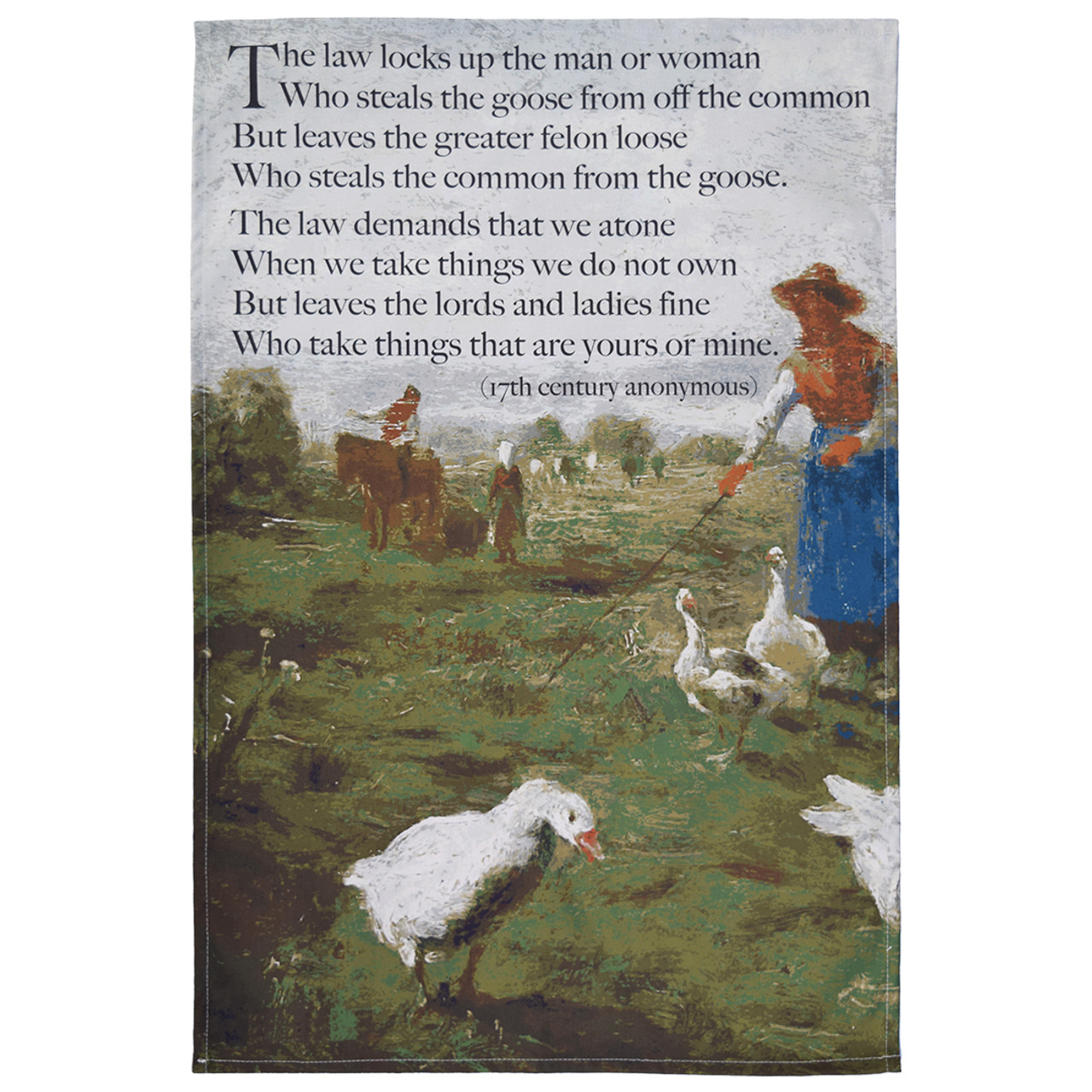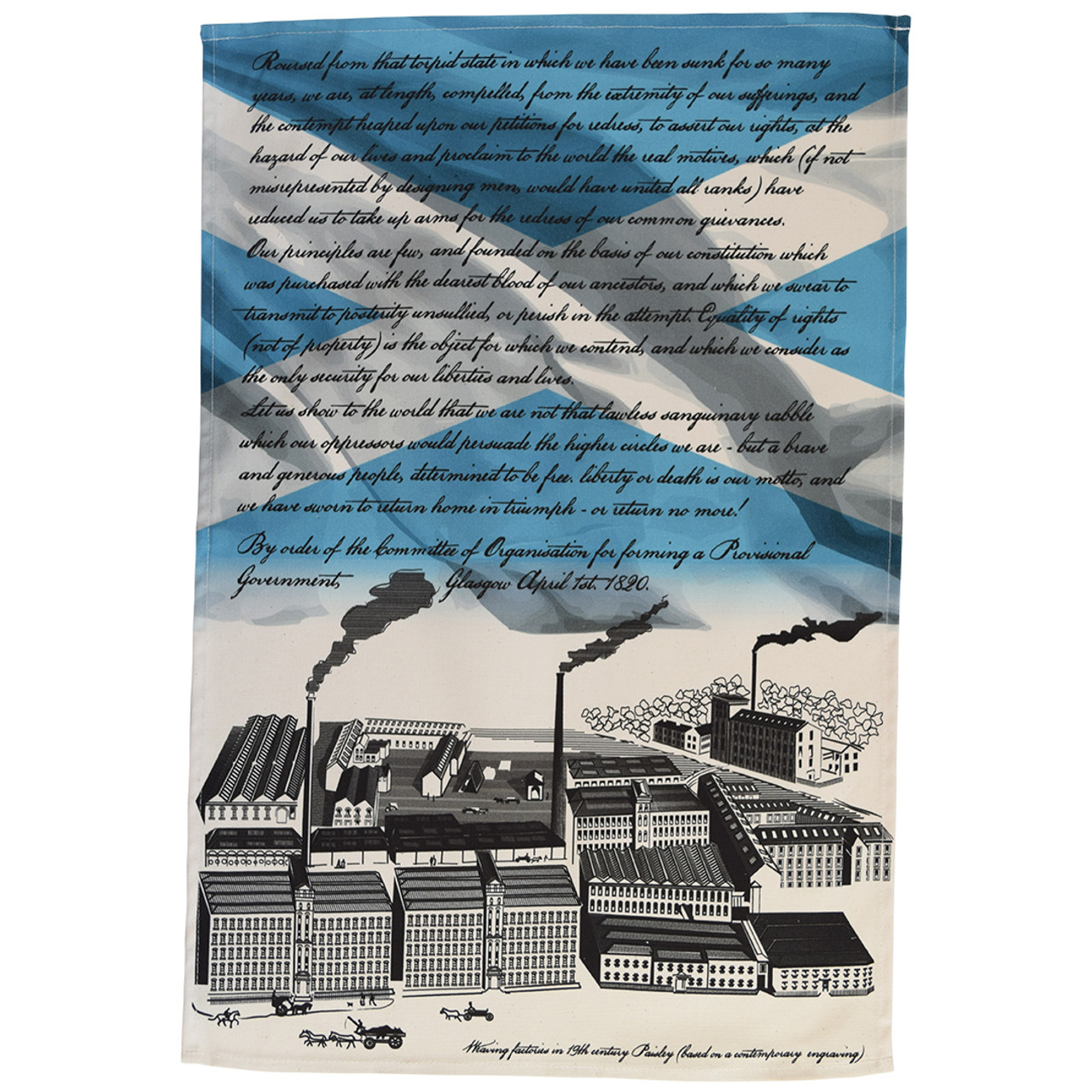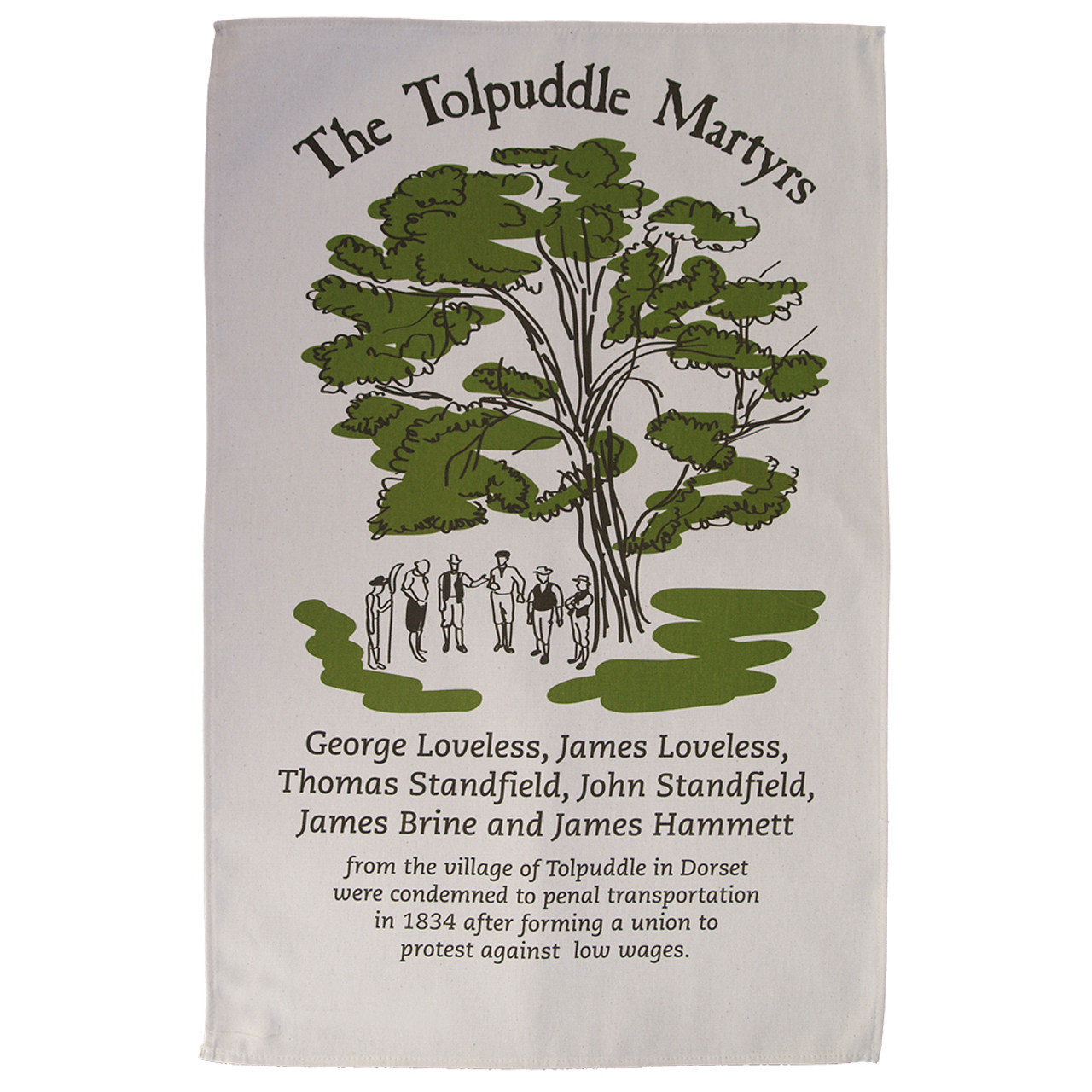Beware Captain Swing
Posted by Pete on 21st Oct 2024
The Swing Riots, a stand against exploitation, were an important step in the development of a strategy for working class resistance
"Oh Captain Swing, he'll come in the night
To set all your buildings and crops alight
And smash your machines with all his might
That dastardly Captain Swing!"
Smeared as criminals who couldn’t appreciate ‘progress,’ the Swing Rioters of 1830 were actually shrewd social rebels, resisting the class that was guilty of dispossessing them.
Beginning in rural Kent, a movement of rural labourers in England spread across the country, fighting to defend their wages and jobs against top-down mechanisation.
Fighting under the nom de guerre 'Captain Swing', the rural poor sabotaged new agricultural equipment that was being used by the ruling class to impoverish them.
Specifically, the rebels targeted for destruction the new horse-powered threshing machine – a creature of the industrial revolution in Britain – which mechanised the previously human labour of separating out grain seed from stalks and husks during the harvest.
Jeremiah Brandreth was executed for treason after being convicted of involvement in an 1817 Luddite plot - the Swing Rioters knew the risks of their actions
See the Jeremiah Brandreth Luddite tea towel
But it wasn’t only a new piece of kit that led to this rebellion of the rural working class.
The non-consensual mechanisation of labour by the English ruling class fit into a long-term history of dispossession and exploitation of the rural poor.
First, aristocratic and urban elites had stolen the peasantry’s farmland, by the process of ‘enclosure.’
This campaign of mass theft forced peasants to start selling their labour just in order to survive, where before they’d been able to grow their own food, giving them a bit of meaningful freedom from market forces.
Turned into a working class proper, the rural poor were exposed to the self-interest and caprice of the large landowners who’d stolen their land and now paid them wages to work it.
From the late eighteenth century onward, landowners began to cut wages and shorten the length of labour contracts, making workers even more precarious.
And this tightening against the rural poor in England then got even worse during the economic depression after the Napoleonic Wars.
'Enclosure' was the process of enclosing land traditionally used by peasants for the use of the gentry who technically held the deeds
See the Enclosures Rhyme tea towel
This was the wider context of exploitation in which rural workers in Kent began smashing up threshing machines in 1830.
But they could also draw on a wider context of popular resistance, too.
Rural England had a long tradition of standing up to the class politics of big landlords, backed by the state.
In 1549, Kett’s Rebellion in East Anglia had fought back against enclosure.
Kent itself, of course, was one of the hubs of the Great Peasant Rebellion of 1381, fought against feudal hierarchy.
And the same post-Napoleonic depression that agitated rural workers in southern England had also already led to the Peterloo demonstration of urban workers in Manchester, and the Radical War in Scotland.
Beyond the British Isles, too, another French Revolution had broken out just a few months before the Swing Riots in 1830.
The Radical War, also known as the Scottish Insurrection of 1820, was a week of strikes and unrest in Scotland following demands for radical reform
Against this background of exploitation and revolution, the Swing Rioters set to work at the end of August, destroying threshing machines in Lower Hardres, in southeast Kent.
By the end of October 1830, 100 machines had been destroyed, and the movement had begun to spread across England.
There were major Swing Riots by rural workers in the Home Counties, East Anglia, and the Midlands, too.
The Rioters’ targeting of the threshing machines was not mindless or reactionary, it was intelligent.
They recognised exactly how the top-down and undemocratic introduction of this new tech to agricultural production was connected to their worsening conditions.
"A Warning Whereas We are informed You are about to have a Threshing Machine to take away our Labour and If you do there is a plott laid among Us the Labourine People in this neighbourhood to set your Rick and Barns a fire and first opportunity to give you the Leaden fervour."
The Rioters’ collective invention of ‘Captain Swing,’ named after the motion of the threshing machines, was also an ingenious way to keep anonymity and make the Rioters’ written threats to landlords more ominous and, so, effective.
The Swing Rioters were incredibly disciplined, too.
They intended to damage property, not persons, and the only person killed during the Swing Riots was one of the activists themselves, murdered by a farmer or a soldier.
In fact, it was the forces of order that were far more violent in 1830.
The 1830s were a time of new radical ideas, and after the suppression of the Swing Riots, the Tolpuddle Martyrs realised that new methods were needed
See the Tolpuddle Martyrs tea towel
Spooked by a mass rural uprising at the same time as a French Revolution across the Channel, the British state went into its favourite mindset during this period: counter-revolutionary repression.
2,000 of the Swing activists were prosecuted, 19 were hanged, 644 jailed, and 481 given penal transportation to Australia.
What material concessions Captain Swing had won for the working class from rural landlords, who were now backed up by state violence, were all rolled back.
The Swing Rioters' weakness was that they didn’t create permanent institutions to maintain pressure on the landlords.
But the rural working class learned this lesson fast, and three years later, in the Dorset village of Tolpuddle, a brand new strategy of labour struggle would be created out of the ashes of the Swing Riots: the trade union.




